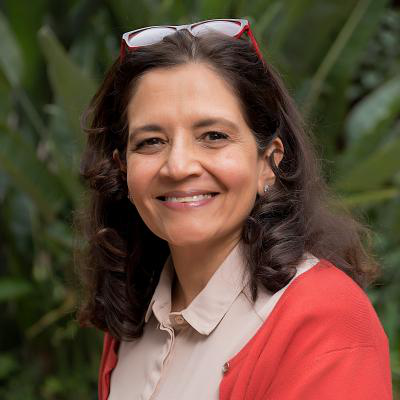The wide use of inferior-quality tree planting material with a focus on exotic species has resulted in poor outcomes for biodiversity, carbon sequestration, climate resilience and livelihoods in sub-Saharan Africa.
Building on decades of research and practical experience in tree-planting for landscape restoration, and on extensive partner networks, the Right Tree in the Right Place – Seed (RTRP-Seed) initiative will enhance landscape restoration in Africa by ensuring a sustainable supply of high-quality seeds and seedlings of a diverse range of native tree species.
Working with international, national and local partners, the project will through evidence-based interventions help African countries to meet their landscape restoration pledges under the Bonn Challenge and the African Forest Landscape Restoration Initiative (AFR100). International implementing partners are Botanic Gardens Conservation International (BGCI) and Unique Land Use GmbH, while the Global Landscapes Forum (GLF) supports up- and out-scaling of developments.
Contact us

Ramni Jamnadass
About the project
RTRP-Seed primarily operates in Ethiopia, Kenya, Rwanda, and Uganda, with some activities in addition in Burkina Faso. Working closely with national partners, RTRP-Seed focuses on four key areas of tree seed and seedling sector development in these countries. First it supports an enabling environment for the tree seed sector in project countries, including of the right policies and institutional relationships; second it builds capacity in native tree species seed supply, including in high-quality seed sources and in decision-support tools; third it introduces new business models for tree nurseries supplying native tree seedlings, including in matching and linking nursery seedling production to demand; and fourth it builds platforms for learning and partnerships, to scale up lessons from immediate project countries to the whole of sub-Saharan Africa.
Supplying high-quality seeds and seedlings from a diverse range of native trees is crucial for ensuring progress towards the Sustainable Development Goals (SDGs), including SDG13 (combatting climate change and its impacts); SDG 15 (protecting, restoring and promoting the sustainable use of terrestrial ecosystems); and SDG2 (ending hunger, achieving food security, improving nutrition and promoting sustainable agriculture).













































